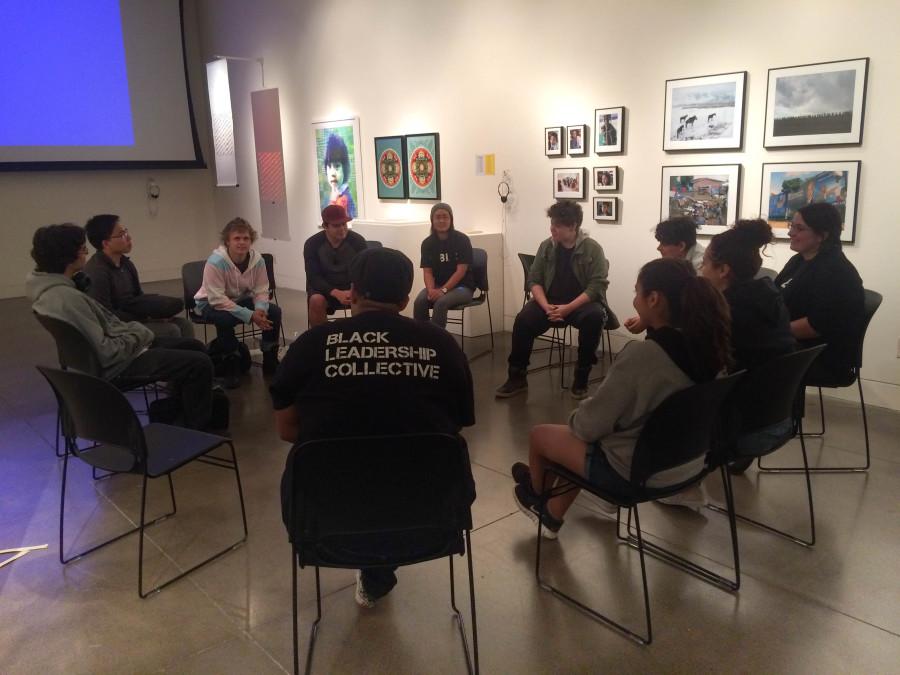The link between “tourism” and “settler colonialism” in Hawai’iPosted in Anthropology, Articles, History, Interviews, Media Archive, Oceania, United States on 2015-12-10 02:14Z by Steven |
The link between “tourism” and “settler colonialism” in Hawai’i
Matador Network
2015-07-29
Maile Arvin is a Native Hawaiian feminist scholar who writes about Native feminist theories, settler colonialism, decolonization, and race and science in Hawai‘i and the broader Pacific. She is currently a University of California President’s Postdoctoral Fellow in Ethnic Studies at UCR and will be officially joining the department as an assistant professor in July. She is part of the Critical Ethnic Studies Association working group and a member of Hinemoana of Turtle Island, a Pacific Islander feminist group of activists, poets, and scholars located in California and Oregon. You can find some of her academic writing here.
Bani Amor: Tell us about yourself, the work that you do, and how your identities play into that work.
Maile Arvin: So I’m Native Hawaiian, and my family is from Waimanalo, a small town on the windward side of O’ahu. I’m an academic – I research and teach about race and indigeneity in Hawai’i, the larger Pacific and elsewhere. Being Native Hawaiian grounds my work, motivates me to write about Native Hawaiian lives and histories in complicated, respectful ways.
One of my current projects is working with Hinemoana of Turtle Island, a group of Native Hawaiian and other Pacific Islander feminist women, many of whom are also academics but also poets, activists, artists. We support each other in the academic world and are accountable to each other. We talk to each other a lot about current issues that affect Pacific Islanders, usually in news that erases the existence of Indigenous Pacific Islanders altogether, and sometimes write up responses on our blog, muliwai. We’re currently working on a response to the movie Aloha. Or maybe more about the criticism of the movie that is entirely focused on Emma Stone’s casting.
Bani Amor: Word. That leads me to my next question: I often find that travel media and tourism are complicit in settler colonialism, in that it still purports an archaic, false image of indigenous peoples as smiling caricatures who are ready, willing and able to serve at the beck and call of the (white) tourist. Any idea why this is especially the case for Hawai’i?
Maile Arvin: For Hawai’i, because it is actually a U.S. state, there is this incredible sense of entitlement that white Americans in particular feel to being at home in Hawai’i. Since World War II in particular, and the Japanese bombing of Pearl Harbor, there was this narrative of Hawai’i as being the place that militarily makes the rest of the U.S. safe. And along with that, there is also a need to justify and naturalize U.S. military occupation of these islands that are over 2000 miles away from the U.S. continent. So Hawai’i becomes this feminine place in need of the masculine U.S. military to safeguard both Hawai’i and the rest of the U.S. And Native Hawaiian women in particular become these symbols of a happy, paradisical place, a place where white military men will have fun, will get their own Native Hawaiian girl…
Read the entire interview here.

